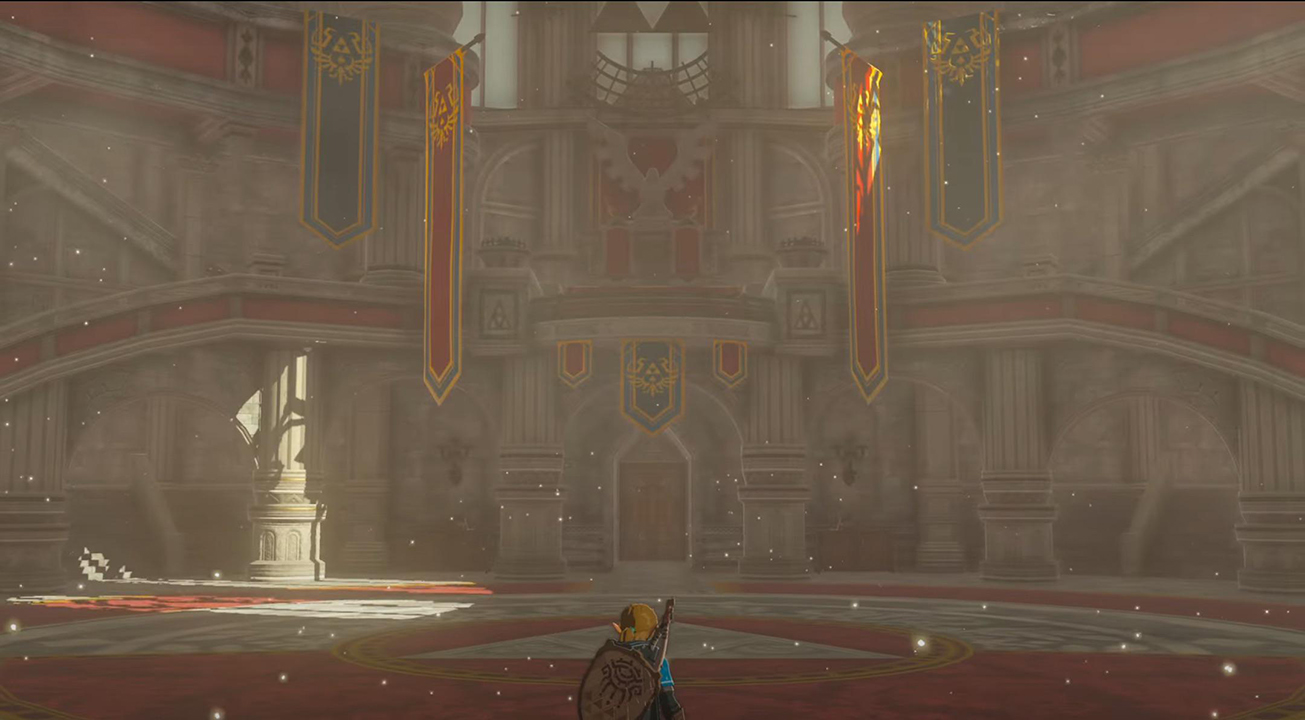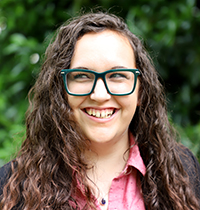Eiji Aonuma Comments on Return of Classic Zelda Gameplay
Posted on July 04 2023 by Kora Burton

May 12th, 2023 was a big day for Zelda fans as the much-anticipated The Legend of Zelda: Tears of the Kingdom was released. On the same day, Dutch news outlet RTL Nieuws released an interview with the game’s producer Eiji Aonuma and director Hidemaro Fujibayashi, with topics including puzzle-building, creating surprises, and how having children has influenced the team’s work. But the topic from this interview that seems to be the primary focus of previous reports is the feel of classic Zelda gameplay and design, and whether we will ever see a return to this older style in future games.
Thanks to our friend Wez64, we now have a full translation of the interview. The snippet other outlets have focused on is Aonuma’s response to the question asked by interviewer Bastiaan Vroegop: “The last two Zelda‘s are completely different [from earlier Zelda‘s]. Old fans sometimes say that they would prefer a classic, old-school Zelda. Would you guys be up for making that once more?”
Here’s our translation of Aonuma’s response:
“It’s hard to say anything regarding the future. Having said that: thanks to earlier Zelda‘s, a game like Tears of the Kingdom now exists. This game has arisen out of ideas that we had in the past. We always try to make something that delivers more than previous products. In terms of that, we don’t concern ourselves with our older games. We would rather focus on the future.”
Other comments made during the interview help shed light on what Aonuma means when he says, “We don’t concern ourselves with our older games.” When asked whether the developers tried to infuse older games like Ocarina of Time into Tears of the Kingdom, given how it has combined the “big sandbox” feel of Breath of the Wild with its dungeons and more complex story, Fujibayashi replied: “Because Tears of the Kingdom is a sequel to Breath of the Wild, we did not think about games like Ocarina of Time. The focus was laid on how we could make Breath of the Wild more extensive and more interesting.”

Image courtesy of RTL Nieuws. Pictured (from left to right): tech and games journalist Bastiaan Vroegop, The Legend of Zelda series producer Eiji Aonuma, and game director Hidemaro Fujibayashi.
When asked more directly about the future of Zelda and whether the developers feel stuck with the series, Fujibayashi noted that “the possibilities with Zelda are endless…you can go in any direction with the series.”
Aonuma responded:
“I get bored quite quickly — if I am playing a soccer game, I want to do something else after five minutes. But with Zelda, I keep playing because things like soccer have been incorporated into the game. The games surpass genre conventions, as such you can incorporate many different experiences. I may be trapped in Zelda but it is not a problem. It is a comfortable place to be stuck at.”
There’s plenty of commentary in the interview worth chewing on beyond the question of integrating older games into new Zelda installments, such as the connection between the Calamity Ganon of Breath of the Wild and the Ganon found in Tears of the Kingdom, and whether Aonuma has regrets about the Zelda timeline. At the very least, we know that Aonuma doesn’t plan on leaving Zelda behind anytime soon.
If you’re interested in checking out the original interview for yourself, you can find it here. Zelda Dungeon extends a massive thank you to Wez64 for their Dutch-to-English translation. You can check out their The Minish Cap speedruns and Minecraft gaming sessions on Twitch (and you can see their translation stream here!).
What do you think of Aonuma’s comments during the RTL Nieuws interview? Do you wish for more classically-designed Zelda games in future installments? Do you believe the developers when they say they don’t look to past Zelda games when they’re working on new titles? Where do you think the Zelda series will go next after Breath of the Wild and Tears of the Kingdom? Let us know your thoughts down below in the comments!
Source: RTL Nieuws (via Nintendo Everything, My Nintendo News)

Location: Athens, Georgia, USA
Favorite Zeldas: Wild Era, Twilight Princess, Ocarina of Time
Date Joined: 2022
“Tell me… Do you ever feel a strange sadness as dusk falls?”



